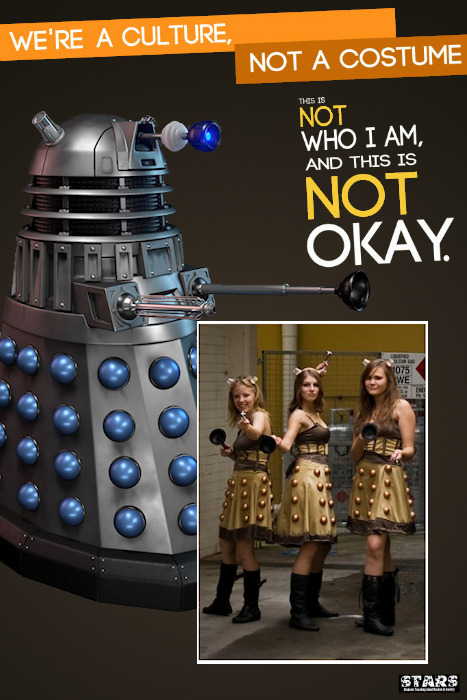When I saw the headline “Vodka Tampons & Butt Chugging Growing Trend With Teenagers,” my first thought was that it was a story from satirical newspaper The Onion that had been mistaken for real news.
This has happened before. As the Wikipedia article on The Onion points out, it actually happens with surprising frequency. Most of the examples they have of “The Onion taken seriously” are from international news outlets, the employees of which might be excused for missing the subtleties of satire in second languages. But large-scale U.S-based sources have done it too, like Fox News subsidiary Fox Nation in November 2010 believing, predictably, a piece mocking Barack Obama’s tendency toward the verbose.
Even the Grey Lady herself has been taken in, including a spoofed cover of Tiger Beat among real covers in an April 2011 discussion of the magazine’s trajectory over the years.
So, with something as self-evidently ridiculous as “vodka tampons and butt chugging,” it seemed a foregone conclusion that it was a satirical commentary on the panic we have over youth alcohol use.
Except that it wasn’t. It was just an example of the panic we have over youth alcohol use, delivered with a completely straight face by KPHO in Phoenix and distributed farther by several other news outlets.
The story alleges that teenagers are a) soaking tampons in vodka and then inserting them in their vaginas or rectums and b) undergoing alcohol enemas because, they say, these means of imbibing prevent alcohol breath and get them drunk faster.
Now, the mechanics of this have been debunked by several people. Tiny Cat Pants points out that cardboard tampon applicators would be destroyed, the tampon would swell enough to render plastic applicators unusable, applicator-less tampons would be quite difficult to get in wet, and, well, this is worth quoting in its entirety:
in the interest of science, I then ran one of the tampons against the mucous membrane on the inside of my mouth. It was both very cold and burned, which, I imagine, would be a most unpleasant feeling as whoever was aiding you in the administration of vodka-soaked tampons shoved the limp, soggy, shape-changing, burning, and yet very cold thing inside you, or attempted to. I’m honestly not sure the incredibly cold feeling might not cause some uncontrollable clenching which would then make the insertion or removal of the tampon something of a nightmare.
It has also been debunked, somewhat less colorfully, by the authoritative source on contemporary mythology, Snopes.com. This is before we get to the social anxiety that putting anything—even alcohol—up one’s butt would cause to no-homo-ing, “dude, you’re a fag-ing young men.
The moral of the story is that clearly teens aren’t doing this. What’s interesting, then, isn’t the strange new imbibing process—since it doesn’t exist (and isn’t new: Snopes notes that this rumor has been in circulation since at least 1999)—but rather the fact that people found it believable enough that it traveled the way it did.
In order to believe in vodka tampons and butt chugging, you have to not think about the physics of expanding tampons and liquid absorption, the biology of alcohol on mucous membranes and clenching when things are cold, and the social challenges of needing someone to help you put alcohol into your digestive tract in reverse. That’s a lot of obstacles.
So how does it happen?
Well, it turns out that the most powerful force in the universe is American adults’ belief that youths are recklessly, stupidly hedonistic. We think they can’t handle alcohol responsibly, so we forbid it to them way later than in other parts of the world and then spend high school and parts of college policing it.
The trouble is, this is somewhat of a self-fulfilling prophecy. If the argument they get is “no alcohol for you!” it becomes more exciting because it’s forbidden at the same time that we deny them education and supervised practice with using it correctly. This is quite evidently a recipe for disaster—and the problems that kids run into show that it’s a high-yield one.
So, far from being an epidemic of dangerous alcohol use, “vodka tampons and butt chugging” is an opportunity. It’s a textbook case of this panic, first. But second, it’s transparently false enough when approached with any skepticism or with any sort of measured response that it points out the absurdity of other iterations, even those that are more subtle.
And once we recognize this as a myth, it becomes easier to ask what social purpose this myth serves for us, and with what consequences. And then maybe come up with a saner response.
And if we wanted to do something saner than abstinence only in sex while we’re at it, that’d be good too. Sociologist Amy Schalet has some ideas garnered from a comparative study of the U.S. and the Netherlands.



